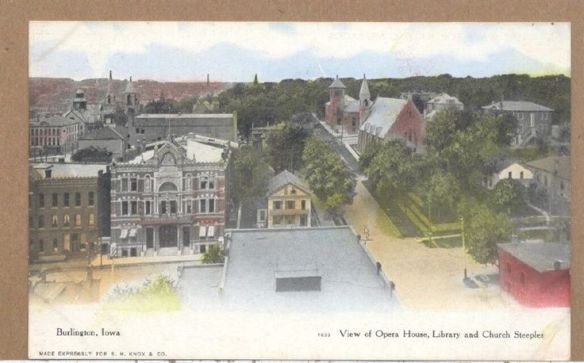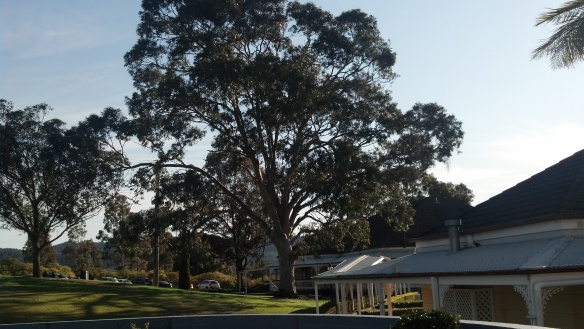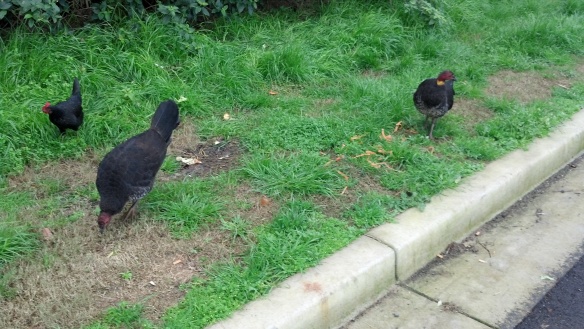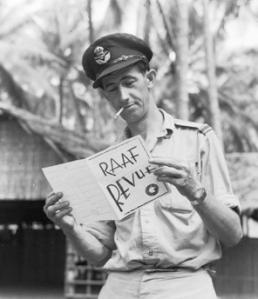We. my wife Uta and I, are members of the “Association for Good Government” and last Saturday they held a conference near Pokolbin in the Hunter Region of NSW.
The association is propagating and teaching the ideas and principles of the American economist and social philosopher Henry George.
The theme of the conference was based on a speech Henry George gave on 1st of April 1885 at the Opera House of Burlington. Iowa, USA.”The Crime of Poverty“.
If you read the speech you will find it was no April fool’s joke. We learnt, that about four hundred people attended who each paid a 50 cents entrance fee.
George suggests, it is not a crime to be poor but poverty is a social crime of which we, the whole society, are all guilty of. It is a curse and in the end we will all suffer from it, even the rich. The rich can not live really in peace with poor people all around them.
The present financial crisis in Greece and the refugee problem the rich states of Europe have to grapple with are good examples. The “rich” are coming under pressure from the poor.
People all over the world produce goods and food in abundance, but all is not distributed equally. Sure, the world has changed a lot since 1885 but in principle George’s theories are still correct. Still, people are being exploited by other people. And it was ever so.
According to Henry George all has to do with the control of the land by the few. By land, he doesn’t only means the land under our feet, that can be worked, but also all the resources that can be found in the earth.
When we are born we are already designated slaves. At least we a have to work like slaves to satisfy the greed of the rent seekers. All land is already taken by generations who came before us. Henry George was of the opinion that “Land” is a natural right for living beings to share.
If you see a herd of animals or a flock of birds you don’t see a percentage of them starving or living in poverty. Why then can’t we share, with other people, the fruits of the land?
We also learnt at the conference that early, white settlers pushed the Aborigines off their land and even refused them access to the Hunter River for water and fishing. It is always control of the land which controls the people.
The conference also touched on Tiberius Gracchus a popular Roman politician of the 2nd century BC. He was also a brave and popular military leader who found, that after he and his soldiers came back from the Third Punic War that many had lost their land in their absence. Their wives and children could not make a living from their land without the help of their men. They went bankrupt and the big landholders were buying the land cheaply. The increased holdings were then worked by slaves instead of by free men. The now poverty stricken people streamed into Rome.
Plutarch reports Tiberius Gracchus saying, “Wild animals who live in Italy have for each of them a place to rest or hiding place. But the men who fought and died for Italy have nothing more than the air and light; unsettled, without home nor house, they roam the land with their wives and children. The generals lie to them during battle, when they call on them to defend the graves and holy shrines against their enemies. None of those poor Romans owns a grave or altar of their ancestors. They are fighting and dying for the wellbeing and the wealth of others. They are called the rulers of the world – but in truth they own not even one crumb of this Earth.”
Tiberius Gracchus then had the idea, that the returned soldiers should be given plots of 30 iugera confiscated from the rich landholders. The landholders did not like the idea at all and organised a massacre in which he and four hundred of his followers were beaten to death and thrown into the River Tiber. This, according to the Roman historian Plutarch, was the first outbreak of civil strife in Rome.Theodor Mommsen, the German historian, called the year of the massacre, 133 BC, a defining year in the history of Rome.
Settling the land question with a bloody massacre is a defining moment? It shows that the elite of Rome was just a bunch of land-hungry parasites.
Capitalism teaches us that it is an advantage to have a pool of poor and unemployed people. That is where the injustice and the crime of poverty originate from. People who have no access to land and its resources live in poverty.
According to a UNICEF report, 1 billion children worldwide are living in poverty. and 22,000 children die each day due to poverty. This happens because the human race is not able to share.
On the way to the conference, we stopped for a short tea break at Mooney Mooney, at the banks of the Hawkesbury River. It is a nice spot alright and not only people are attracted to the picnic area but also the wildlife. Brush Turkeys are coming out of the bush and try to find something edible we humans drop accidentally or otherwise. And what did we see? Among them was a feral hen who lives happily thinking she is a turkey too.
What do I want to say here? That two species can live together and share the resources available to them and we humans, seemingly, can’t do the same.








